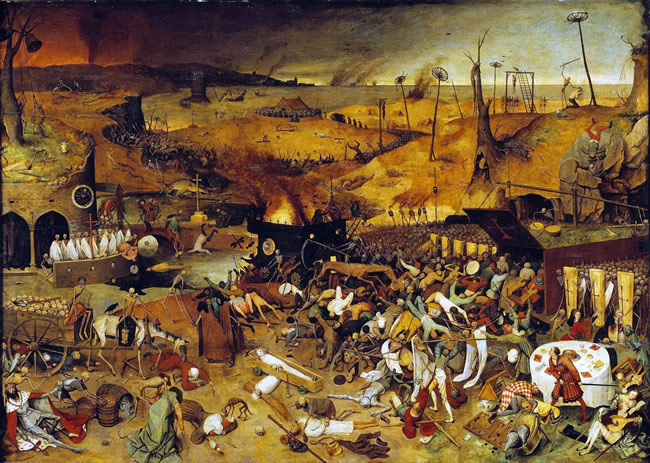[div class=attrib]From the Wall Street Journal:[end-div]
Years ago, Charlie, a highly respected orthopedist and a mentor of mine, found a lump in his stomach. It was diagnosed as pancreatic cancer by one of the best surgeons in the country, who had developed a procedure that could triple a patient’s five-year-survival odds—from 5% to 15%—albeit with a poor quality of life.
Charlie, 68 years old, was uninterested. He went home the next day, closed his practice and never set foot in a hospital again. He focused on spending time with his family. Several months later, he died at home. He got no chemotherapy, radiation or surgical treatment. Medicare didn’t spend much on him.
It’s not something that we like to talk about, but doctors die, too. What’s unusual about them is not how much treatment they get compared with most Americans, but how little. They know exactly what is going to happen, they know the choices, and they generally have access to any sort of medical care that they could want. But they tend to go serenely and gently.
Doctors don’t want to die any more than anyone else does. But they usually have talked about the limits of modern medicine with their families. They want to make sure that, when the time comes, no heroic measures are taken. During their last moments, they know, for instance, that they don’t want someone breaking their ribs by performing cardiopulmonary resuscitation (which is what happens when CPR is done right).
In a 2003 article, Joseph J. Gallo and others looked at what physicians want when it comes to end-of-life decisions. In a survey of 765 doctors, they found that 64% had created an advanced directive—specifying what steps should and should not be taken to save their lives should they become incapacitated. That compares to only about 20% for the general public. (As one might expect, older doctors are more likely than younger doctors to have made “arrangements,” as shown in a study by Paula Lester and others.)
Why such a large gap between the decisions of doctors and patients? The case of CPR is instructive. A study by Susan Diem and others of how CPR is portrayed on TV found that it was successful in 75% of the cases and that 67% of the TV patients went home. In reality, a 2010 study of more than 95,000 cases of CPR found that only 8% of patients survived for more than one month. Of these, only about 3% could lead a mostly normal life.
[div class=attrib]Read the entire article here.[end-div]
[div class=attrib]Image: The Triumph of Death, Pieter Bruegel the Elder, 1562. Museo del Prado in Madrid.[end-div]

